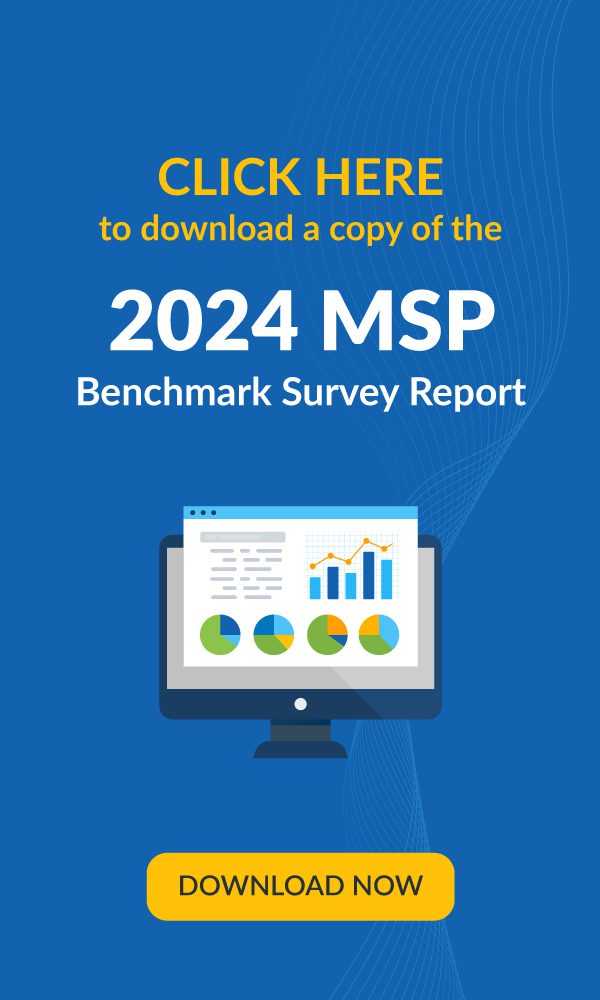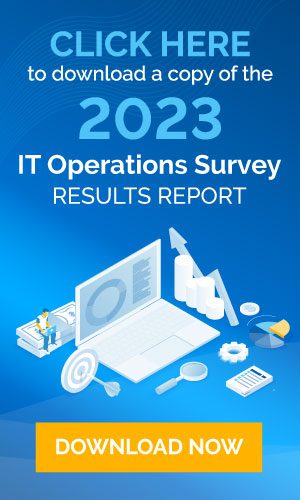Windows 7, as well as Windows Server 2008/R2, reach the end of life on January 14, 2020. Less than six months to go and yet, about one-third of Windows users are still running Windows 7. The end of life (EOL) of an operating system (OS) marks the phase where security patches, software updates, and technical support will no longer be provided for the OS.
In April 2014, Windows XP reached its end of life. But many organizations continued its use until 2018. When Windows 7 support ends, Microsoft is providing paid extended security updates (ESU), but this could become costly if you continue using Windows 7 on a large number of devices.
If you are still contemplating whether (or when) to upgrade your operating system, let’s look back at the lessons learned from the EOL of Windows XP.
Cybersecurity attackers will take advantage of the outdated and unpatched OS
Cybercriminals are evolving and so are their attacks. Not patching even a single critical vulnerability can be devastating to your company. Microsoft will not be providing free security patches for Windows 7 post the EOL date. You will have to pay for ESU which start at $25 per device for Windows 7 Enterprise, in the first year, and doubles each year after that. With hackers more determined than ever to find a way breach your systems, the Windows 7 end of life is going to be a boon for them. When the WannaCry attack was launched in 2017, about 98 percent of affected computers were running Windows 7, but they hadn’t been patched, even though the patch had been available for at least two months.
Compliance will be compromised
Running outdated and unpatched operating systems will put organizations at risk of failing to meet industry regulatory compliance for regulations such as HIPAA and GDPR. Companies will be subject to fines and penalties as a result of failing to comply with these regulations. For U.S. based healthcare organizations, HIPAA non-compliance can result in fines that range from $100 to $50,000 per violation (or per record), with a maximum penalty of $1.5 million per year for each violation. GDPR violations can result in penalties of up to 20 million euros or 4 percent of prior year revenue.
Application compatibility issues may arise
Application compatibility was a huge problem when migrating from Windows XP to Windows 7. During the XP migration, many organizations found that they had certain applications that could not be made compatible with Windows 7 without some measure of recompiling, at a minimum. This problem could present itself for the Windows 7 to Windows 10 migration as well, although it is expected to be much less of an issue.
Don’t want to upgrade (yet)? You have some other options
You can pay for the Extended Security Updates, as mentioned above. If you want to avoid the costly ESUs being provided after 2020 and still want to keep using Windows 7, the best option is to transition to Windows Virtual Desktop on Azure. You can run Windows 7 on these virtual desktops and you’ll also get three years of ESU for free.
When Microsoft announced Windows XP EOL in 2013, many organizations didn’t move quickly enough to make the transition to Windows 7. As the date approached, some companies began to scurry and began working on the upgrades in the final months leading up to the EOL. This kind of last-minute migration can put a strain on the IT staff and can leave more room for error. With only six months left, we trust you have begun your Windows 7 migration journey.
Please join our webinar Windows 7 End of Life: Don’t Put Your Business at Risk to learn how to plan a successful migration.





